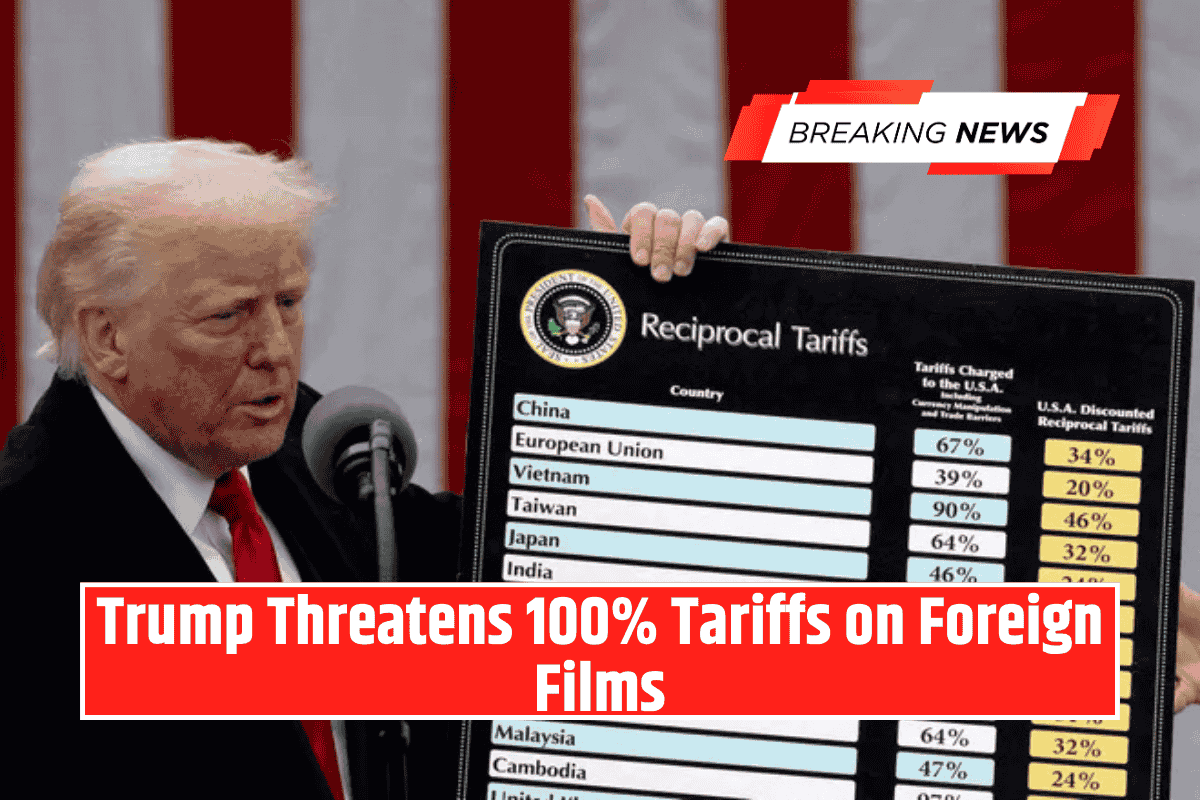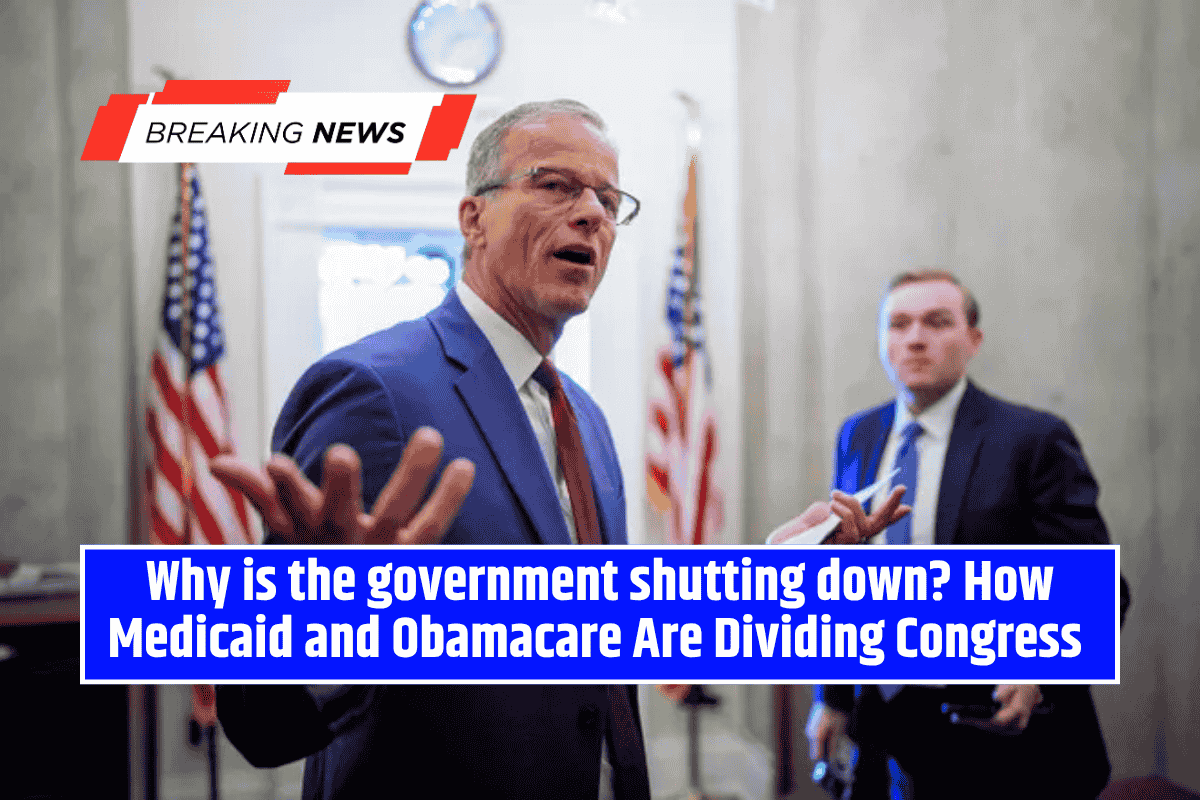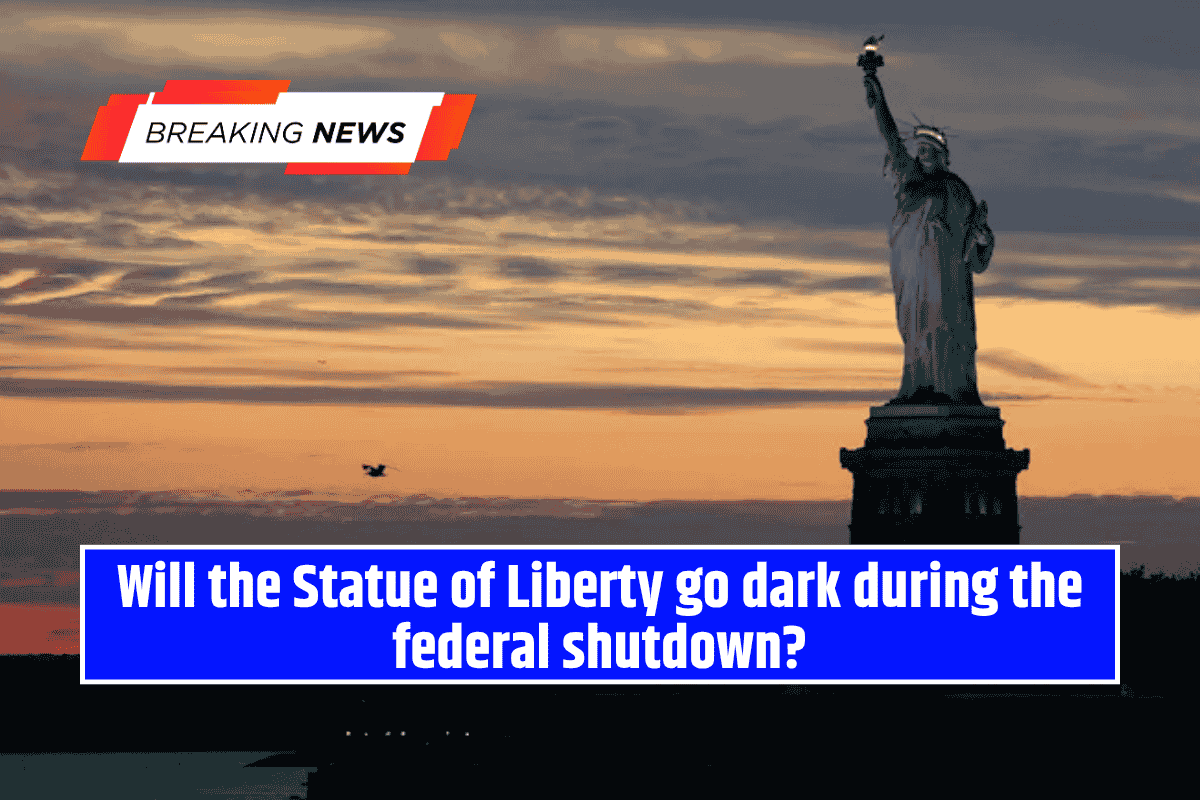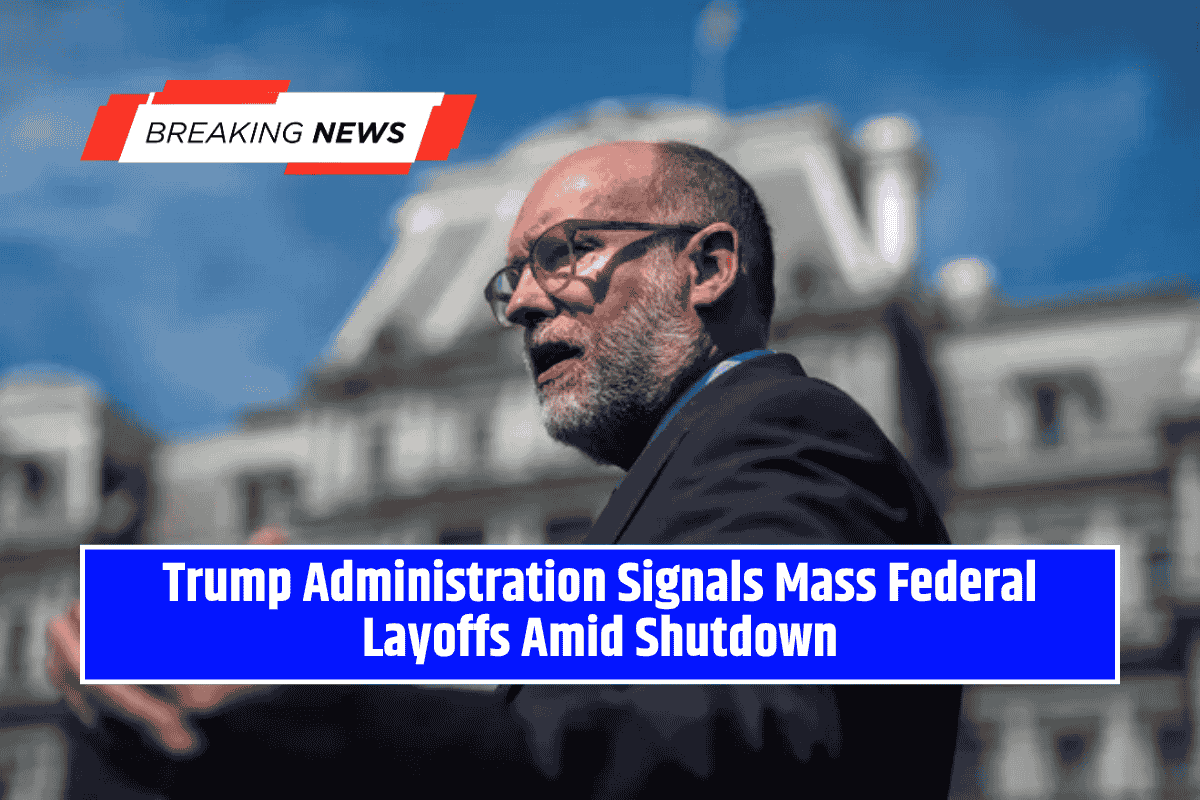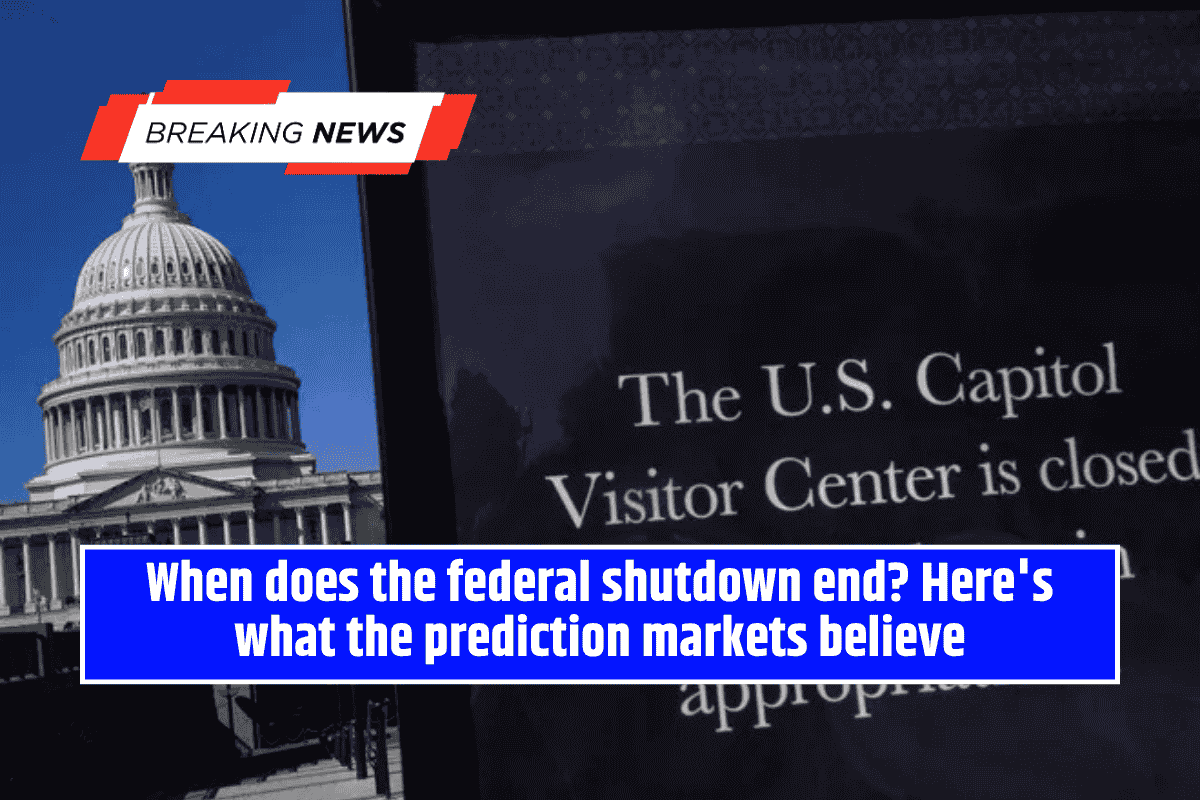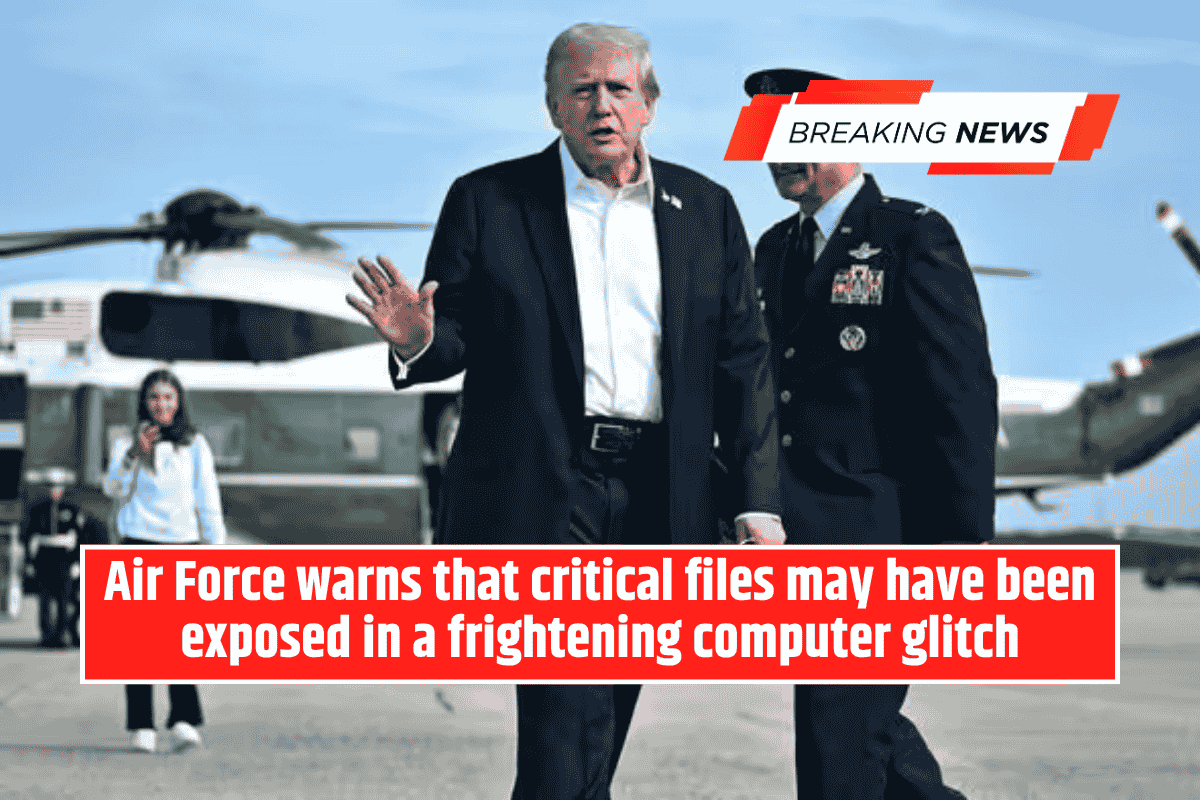On September 29, President Donald Trump renewed his threat to impose a 100% tariff on movies produced outside the United States, framing it as a way to reclaim the domestic film industry.
Trump argued that foreign countries have “stolen” America’s movie-making business and compared it to “stealing candy from a baby.”
This proposal follows his broader worldwide tariffs imposed in August, aimed at generating revenue from imports and pressuring foreign governments into new trade agreements.
However, the legality of these tariffs is under dispute, with the Supreme Court set to hear arguments on November 5 regarding whether Trump has the authority to impose them.
Industry and Expert Reactions
Experts and analysts quickly raised concerns about the practicality and impact of such a measure. Key questions remain unanswered, including whether tariffs would apply to production costs, box office sales, or distribution rights.
Analyst Paolo Pescatore of PP Foresight said the proposal adds “more questions than answers” and warned that higher costs would “inevitably be passed on to consumers.”
Financial markets also reacted, with Paramount Skydance shares falling 2.1% and Warner Bros Discovery dropping 1.3% after Trump’s remarks.
Political Pushback From California Representatives
California lawmakers, representing the heart of the U.S. film industry, criticized the plan.
- Rep. Laura Friedman (D-CA), a former film producer, welcomed Trump’s recognition of industry challenges but argued that a national film tax credit would better preserve jobs without harming consumers.
- Rep. Ted Lieu (D-CA), who helped craft California’s state-level tax credits for movies, dismissed the tariff plan as “another random idea” that would ultimately increase ticket prices for moviegoers.
Broader Implications
While the proposal highlights Trump’s emphasis on protecting American industries, it faces significant uncertainty over enforcement and economic impact.
If implemented, the tariffs could disrupt global film distribution, escalate costs, and strain international trade relations—without guaranteeing job growth in Hollywood.
